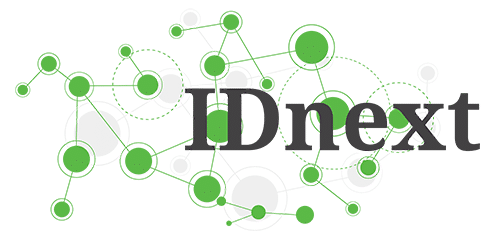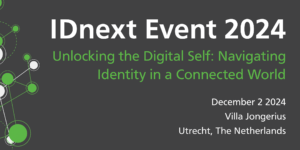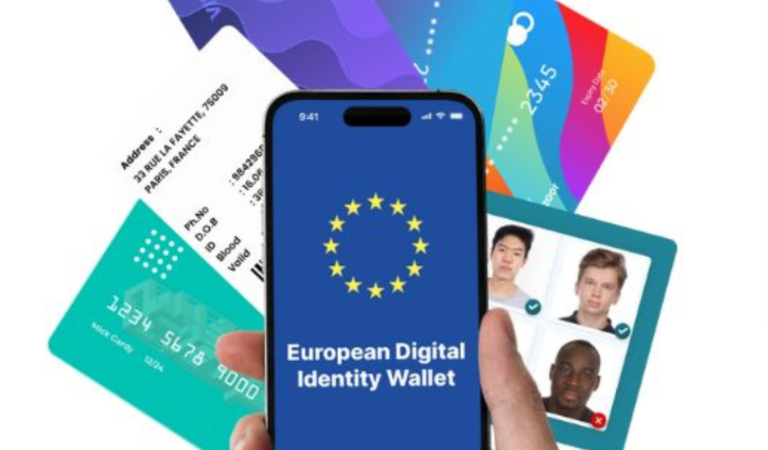Europe is one of the most digitalized societies in the world, and this has only been accelerated by the COVID‑19 pandemic. Within no time, people started working from home and children were being schooled online. According to a 2020 report by McKinsey, the pandemic accelerated digital adoption by seven years. However, as we become increasingly digitized, the vulnerabilities that come with the changes also increase.
2020 saw a 70% increase in internet-related crime, including COVID‑19 scams, and a 150% increase in ransomware attacks exploiting work-from-home technologies. The rapid shift away from physical transactions accelerated the demand for trusted digital identities and also triggered new demands such as cross-border use capabilities, use in the physical world, and privacy friendly features such as sharing only specific attributes and entitlements, like identifying as a pensioner or student, having a driver’s license, or being older than 18.
The European Commission has recognized the new demands and has proposed a modernized EU regulation for electronic identity, introducing digital ID wallets. Where media and commentators focus on changes required by the Digital Services Act and the Digital Markets Act, the new digital identity regulation will likely have the biggest impact on current digital business models. Read the full article here>>.







